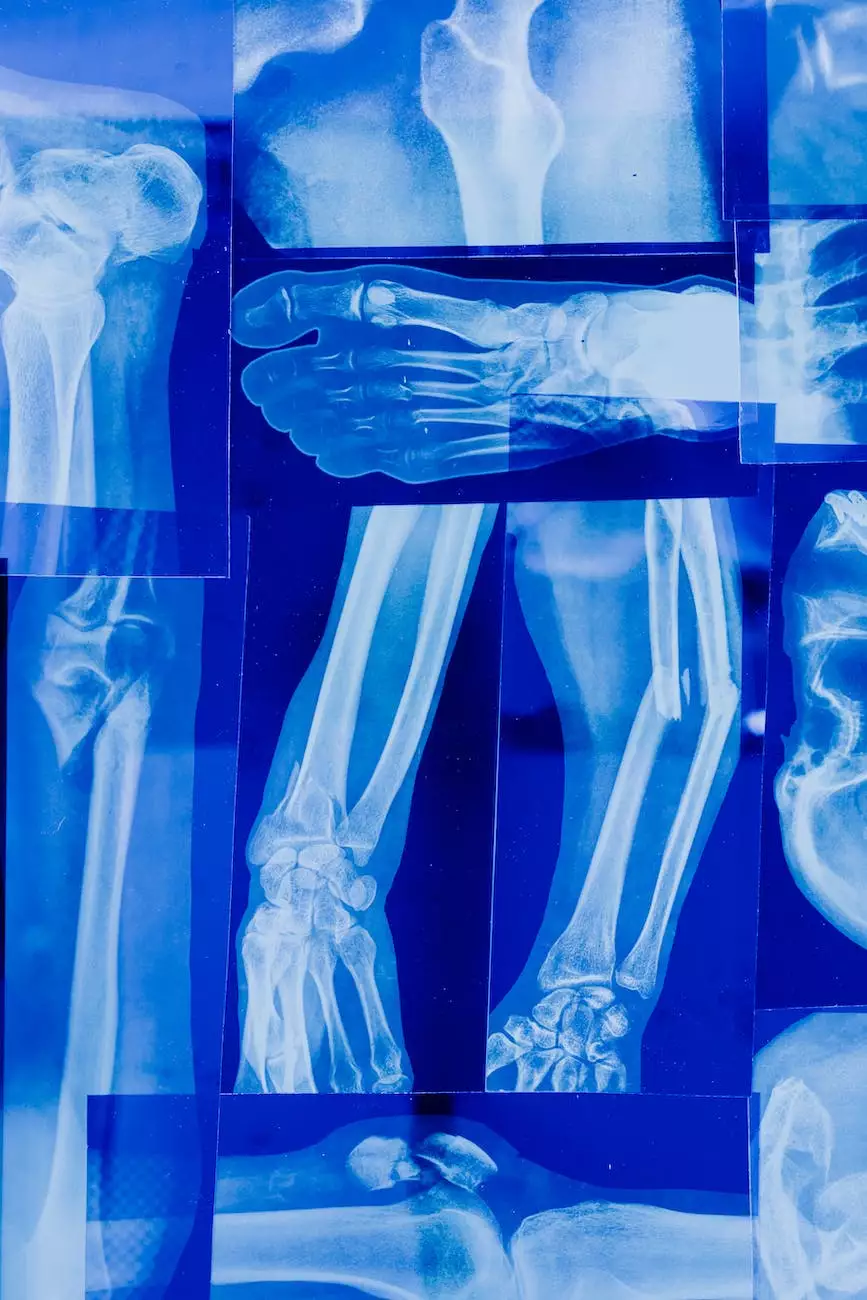Common Cancers in the United States
Health
Welcome to the comprehensive guide on the most common types of cancers in the United States! In this informative article, Kelley Tim PA-C, a highly experienced healthcare professional specializing in oncology, shares invaluable insights into the prevalence and characteristics of these illnesses.
1. Breast Cancer
Breast cancer is one of the most prevalent cancers affecting women in the United States. It occurs when abnormal cells develop in the breast tissue. Common risk factors include family history, age, genetic mutations, and hormone levels.
Symptoms of breast cancer may include a lump or thickening in the breast, changes in breast shape or size, nipple discharge, or skin changes. Early detection through regular mammograms and self-examinations plays a crucial role in successful treatment and improved outcomes.
2. Lung Cancer
Lung cancer is a leading cause of cancer-related deaths in the United States, particularly among smokers or individuals exposed to secondhand smoke. It develops when abnormal cells grow uncontrollably in the lungs.
Common symptoms of lung cancer include persistent cough, chest pain, shortness of breath, weight loss, and fatigue. Quitting smoking and minimizing exposure to carcinogenic substances can significantly reduce the risk of developing this deadly cancer.
3. Prostate Cancer
Prostate cancer primarily affects men and typically develops in the prostate gland. Its occurrence increases with age, and common risk factors include family history, race, and certain genetic mutations.
Early-stage prostate cancer may not exhibit noticeable symptoms. However, as the disease progresses, symptoms such as urinary problems and discomfort may arise. Regular screenings, such as prostate-specific antigen (PSA) tests, enable early detection and the implementation of appropriate treatment strategies.
4. Colorectal Cancer
Colorectal cancer refers to cancers that develop in the colon or rectum and is one of the most preventable and treatable cancers if detected early. Risk factors include age, family history, certain genetic syndromes, and unhealthy lifestyle choices.
Symptoms can vary, but commonly include changes in bowel movements, blood in the stool, abdominal pain, and unintentional weight loss. Undergoing regular screenings such as colonoscopies significantly decrease the risk of developing advanced stages of colorectal cancer.
5. Skin Cancer
Skin cancer is the most common type of cancer in the United States. It forms in the skin cells and is often caused by cumulative exposure to ultraviolet (UV) radiation from the sun or artificial sources, such as tanning beds.
Notable signs of skin cancer include new moles, changes in the appearance of existing moles, and the development of abnormal growths or sores. Protecting the skin from UV radiation, regularly examining the skin for irregularities, and promptly consulting a healthcare professional about any concerns are essential steps in skin cancer prevention and early diagnosis.
6. Bladder Cancer
Bladder cancer refers to the abnormal growth of cells in the bladder lining, and it commonly occurs in older adults. Risk factors include smoking, chemical exposure, chronic bladder infections, and certain inherited gene mutations.
Symptoms of bladder cancer include blood in the urine, frequent urination, pain during urination, and pelvic discomfort. Early diagnosis through urine tests and imaging studies paves the way for effective treatment options, ranging from surgery to chemotherapy.
7. Leukemia
Leukemia is a type of cancer that affects the blood and bone marrow, leading to the abnormal production of specific blood cells. It encompasses various subtypes, such as acute lymphoblastic leukemia (ALL), acute myeloid leukemia (AML), chronic lymphocytic leukemia (CLL), and chronic myeloid leukemia (CML).
Symptoms of leukemia may include fatigue, recurrent infections, easy bruising or bleeding, weight loss, and enlarged lymph nodes. Early detection through blood tests is crucial for determining the appropriate treatment approach, such as chemotherapy, radiation therapy, or stem cell transplantation.
8. Pancreatic Cancer
Pancreatic cancer occurs when abnormal cells in the pancreas grow uncontrollably. It is known for its aggressive nature and often diagnosed at advanced stages. Risk factors include smoking, obesity, family history, age, and certain genetic syndromes.
Common symptoms of pancreatic cancer include abdominal pain, unintentional weight loss, yellowing of the skin and eyes (jaundice), digestive issues, and fatigue. Due to its challenging nature, early detection is crucial. Consulting a healthcare professional for a comprehensive evaluation is essential for timely intervention and improved outcomes.
9. Ovarian Cancer
Ovarian cancer primarily affects women and typically develops in the ovaries, which are responsible for producing eggs and hormones. Risk factors include age, family history, certain genetic mutations, and hormonal factors.
Unfortunately, ovarian cancer often presents with vague symptoms, making it challenging to detect in its early stages. Common symptoms may include abdominal bloating, pelvic pain, changes in urinary or bowel habits, and feeling full quickly. Raising awareness about these symptoms and maintaining regular check-ups play a vital role in early diagnosis and appropriate management.
10. Lymphoma
Lymphoma refers to cancers that originate in the lymphatic system, a network of vessels and lymph nodes responsible for immune system function. It includes two main types: Hodgkin lymphoma (HL) and non-Hodgkin lymphoma (NHL).
Symptoms of lymphoma may vary depending on the type and stage but commonly include swollen lymph nodes, fever, fatigue, weight loss, and night sweats. Prompt medical intervention involving diagnostic tests, such as biopsies and imaging studies, enables accurate staging and appropriate treatment planning.
These are just a few examples of the common cancers prevailing in the United States. Remember, early detection, seeking professional medical advice, and adopting a healthy lifestyle can significantly contribute to preventing, managing, and treating these diseases. Stay informed, take charge of your health, and consult with experts like Kelley Tim PA-C for personalized guidance and care.










